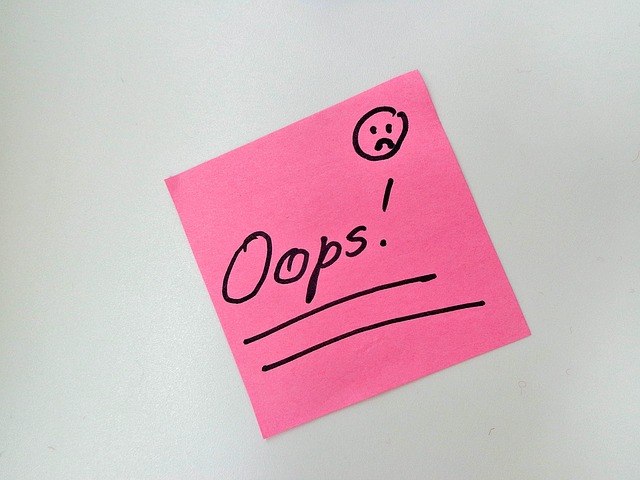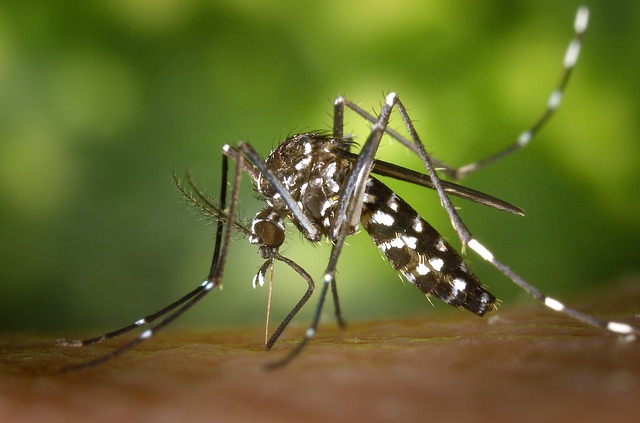A paper claiming that myocarditis cases spiked after teenagers began receiving COVID-19 vaccines has earned a “temporary removal” — without any explanation from the publisher.
[Please see an update on this post.]
The article, “A Report on Myocarditis Adverse Events in the U.S. Vaccine Adverse Events Reporting System (VAERS) in Association with COVID-19 Injectable Biological Products,” was published in Current Problems in Cardiology, an Elsevier journal, on October 1.
It was co-authored by Jessica Rose and Peter McCullough, whose affiliations are listed as the Public Health Policy Initiative at the Institute of Pure and Applied Knowledge — a group that has been critical of vaccines and of the response to COVID-19 and has funded one study that was retracted earlier this year — and Texas A&M’s Baylor Dallas campus. [See update at the end of the post.]
Continue reading Paper linking COVID-19 vaccines to myocarditis is temporarily removed without explanation







